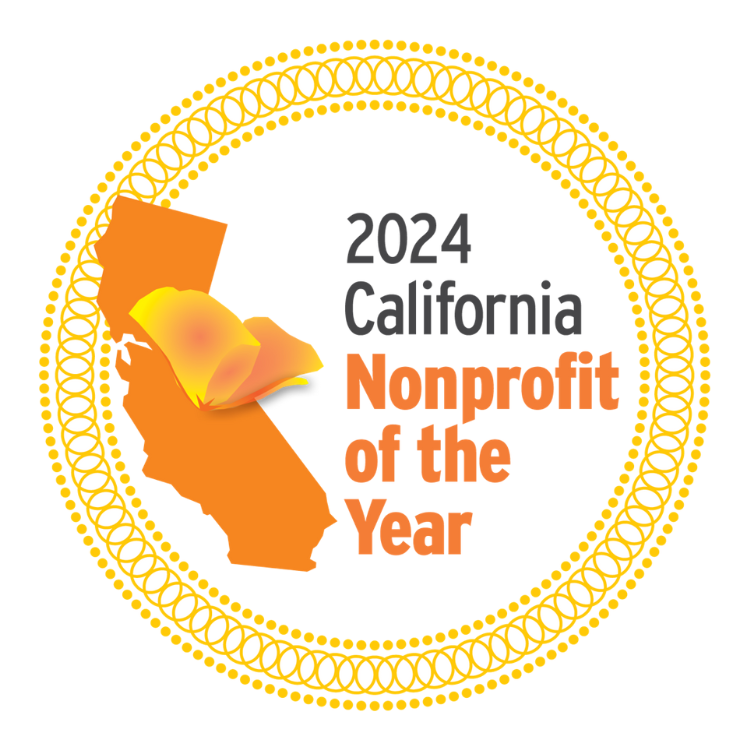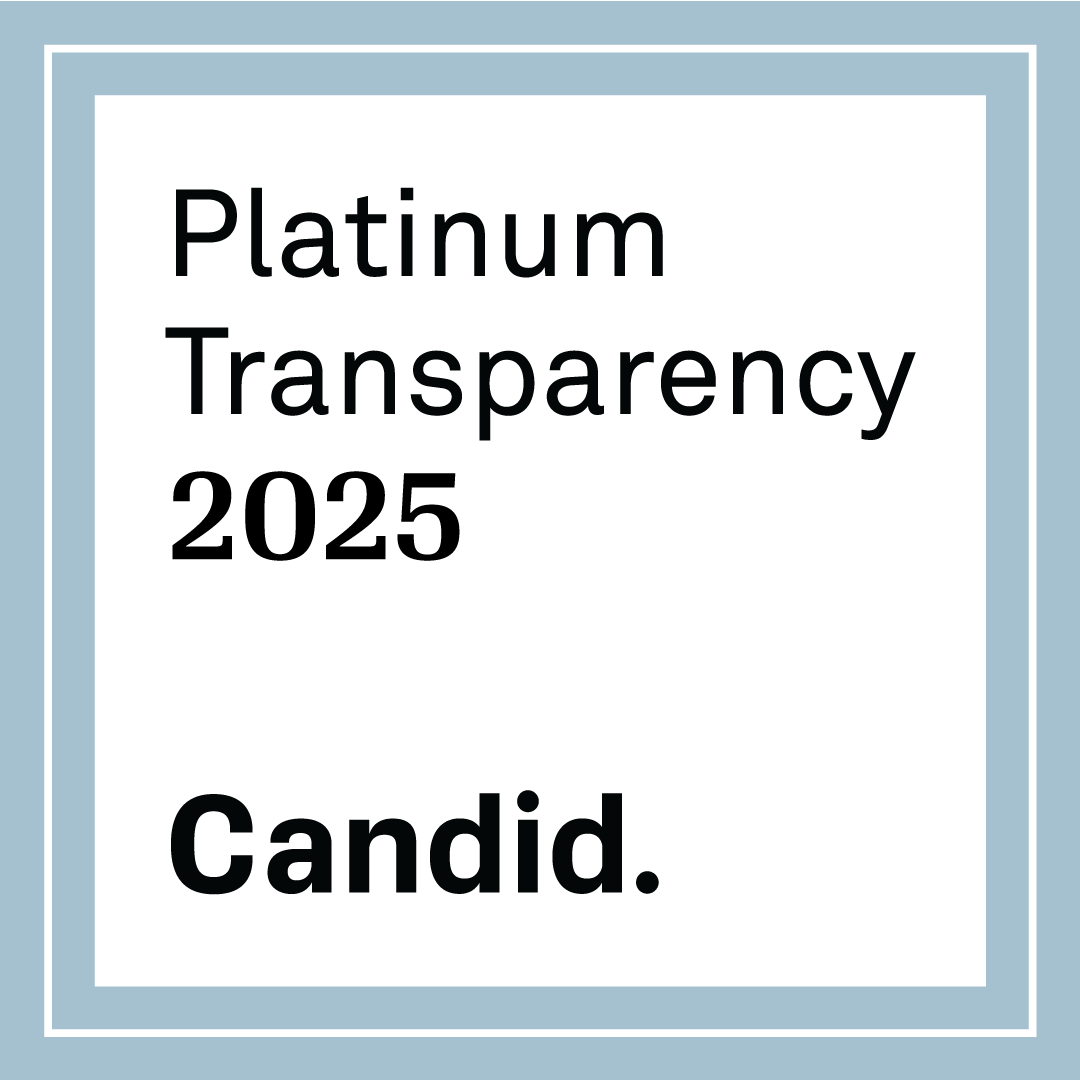New Report Confirms Desalination is Most Expensive, Least Efficient Water Supply Option for California
Coastkeeper says Pacific Institute research reinforces concern about high cost of proposed Huntington Beach desalination plant
ORANGE COUNTY – October 14, 2016 – On Thursday, the Pacific Institute released a comprehensive new report that highlights the critical importance of investing in cost-effective new water supplies as California communities determine how best to meet their water needs. The report, “The Cost of Alternative Water Supply and Efficiency Options in California,” finds that communities can achieve significant savings over their current water costs by investing in affordable, common-sense efficiency measures. By contrast, the report shows that seawater desalination, offered by some proponents as a mythical “silver bullet” to meet California’s water needs, is by far the most expensive option. It also reports that the in-between options, such as recycled water sources and rainwater capture, are all far cheaper than desalination.
“We need a diverse portfolio of sustainable solutions. This doesn’t mean we can afford to do everything, so we must do the most effective things first,” says report author Heather Cooley.
Orange County Coastkeeper says these statewide conclusions are echoed in Orange County, where water conservation and efficiency upgrades resulted in Orange County residents using a remarkable 16 percent less water in August than they did in the same month in 2013, despite warmer temperatures, according to statistics released by the state, while also reducing consumers’ water bills.
Also in line with report findings, says Coastkeeper, is the cost-effectiveness of water recycling in Orange County, which will soon supply half the water used by Orange County Water District’s 2.4 million customers. In 2015, it cost only $142 million to expand the capacity of Orange County’s water recycling facility from 70 to 100 million gallons per day, and the facility is now being expanded to produce an additional 30 million gallons per day. By contrast, Poseidon’s proposed Huntington Beach desalination plant will cost over one billion dollars to produce 50 million gallons of water. Coastkeeper says that is an especially bad deal for ratepayers because the company is demanding a 50-year contract that requires consumers to pay for the expensive water whether or not they need it.
And, according to Orange County Coastkeeper, the true cost of the Huntington Beach plant will likely be even higher than Poseidon has suggested.
“Poseidon is using public subsidies and creative math, like leaving out a $300 million cost for distribution, to conceal the true cost of its desalinated water,” says Orange County Coastkeeper Executive Director Garry Brown. “We know the plant would come with added costs to ratepayers over the next 50 years, especially as energy prices increase. It will also have significant environmental impacts to marine habitats — all for water that is not needed in Orange County.”
Orange County’s most recent water plan, published in April, indicates that Orange County can meet all of its water needs through at least 2040 without investing in a costly desalination facility. The plan also shows a healthy surplus through 2040 for Metropolitan Water District of Orange County, the agency that supplies imported water for Southern California communities. These forecasts raise further doubts about the reasonableness of locking Orange County ratepayers into a long-term contract for the most expensive water supply option available.
You can read the executive summary of Pacific Institute’s report here.
For more information, read this story on the impacts of the Poseidon-Huntington Beach desalination plant or see this infographic on the true cost of desalination.
###
ORANGE COUNTY COASTKEEPER: Orange County Coastkeeper is a member of the International Waterkeeper Alliance, which has 236 different independent programs across 29 countries. Founded in 1999, the mission of Coastkeeper is to protect and promote sustainable water resources that are swimmable, drinkable, and fishable. Coastkeeper is a nonprofit clean water organization that serves as a proactive steward of our fresh- and saltwater ecosystems. We work collaboratively with diverse groups in the public and private sectors to achieve healthy, accessible, and sustainable water resources for the region. We implement innovative, effective programs in education, advocacy, restoration, research, enforcement, and conservation. For more information, visit www.coastkeeper.org or call 714-850-1965.





